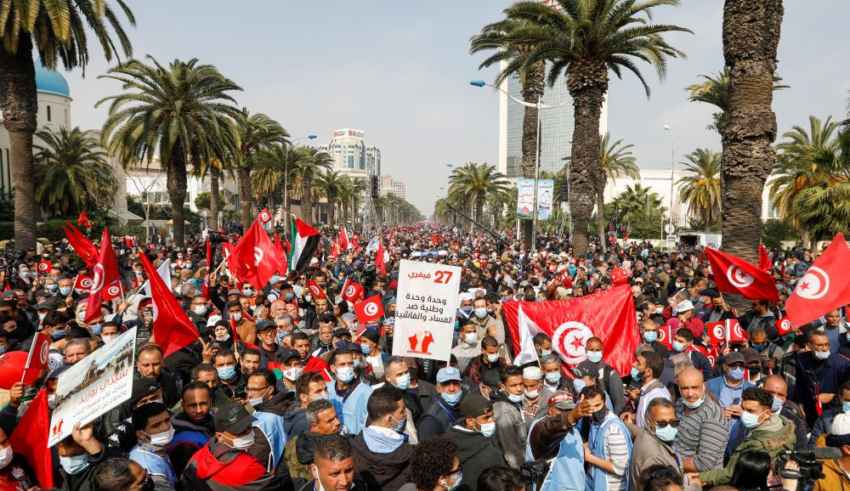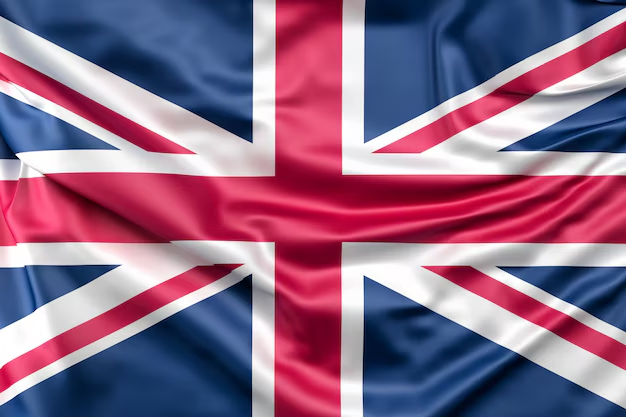
“الشعب يريد إسقاط النظام”, “The people want the downfall of the regime.” These words, with their multiple translations and even more numerous implications, quickly spread from the roads of Tunisia across the Middle East and North Africa in 2011, becoming the slogan of the Arab Spring. 11 years later, in the country that ignited the spark of the regional upheaval, and which was in the past praised as the only nation where the popular revolutions led to sustained democratisation, social and political unrest is once again on the rise.
Over the past year, in fact, Tunisia’s hard-fought democracy has been progressively deteriorating at the hands of President Kais Saied, who is now being accused by his population of orchestrating a power-grabbing coup. Indeed, Saied began to seize increasing powers in 2021, when he announced the dismissal of the then Prime Minister Hichem Mechichi and of several other ministers. International observers and media were quickly to speculate about the consequences of such move, theorising about a “collapse” of Tunisia; nevertheless, the situation in the country remained relatively stable. One year later, in July 2022, the concentration of power in the hands of the President was formally and legally consolidated by the approval of a Constitutional amendment by popular referendum. Though the fairness of the voting process has been highly contested, the official result of a 94.6% assent reverted Tunisia to a Presidential system, dismantling the power-sharing arrangement between the Head of State and the Parliament, and relegating the legislative and judiciary branches to marginal roles. These changes, doubtlessly, make Saied’s position of power look ever more like that of toppled dictator Ben Ali.
Such regression to autocracy, which can hardly be considered surprising, solidifies the disillusion of the Tunisian people with their political system and institutions which, more concerned with the promulgation of a new Constitution and creation of a new elite of people in charge, left many of the issues of the general population unattended for far too long.
The lack of appropriate economic planning or reform, in a country shaken by revolution, plunged the country into a deep economic crisis, with increasing levels of corruption, unemployment, debt, and poverty. The dire conditions have moreover been exacerbated by the global supply shortages caused by the war in Ukraine, which have had disproportionately destructive effects on already unstable countries in Africa.
Now, the people seem to have had enough: whether to express educated dissent about democratic downturn, or simply in reaction to growing poverty, thousands of Tunisians from different backgrounds are taking to the streets. Chanting remarkably familiar slogans, such as “Down, down”, “Revolution against dictator Kais,” demonstrators are looking to hold their President accountable for the re-autocratisation and revendicate their right to access basic services and food, as shortages become increasingly frequent.
With the Saied growing increasingly individualistic and detached from his electorate and the economy on the verge of collapse, the future looks rather grim. The lesson of history teaches us that the combination of major economic crisis and authoritarianism, particularly in Tunisia, is short of a recipe for disaster – or, in this case, revolution.
Indeed, protests are still at their early stages; popular anger, however, must not be underestimated. The exacerbation of the global energy crisis, widespread scarcity of supplies, and growing global tensions create once again a fertile environment for the progressive spread of a movement across the region. The same factors lead to a seemingly hypothetical but necessary question: could the world really afford another Arab Spring?
By The European Institute for International Law and International Relations.














